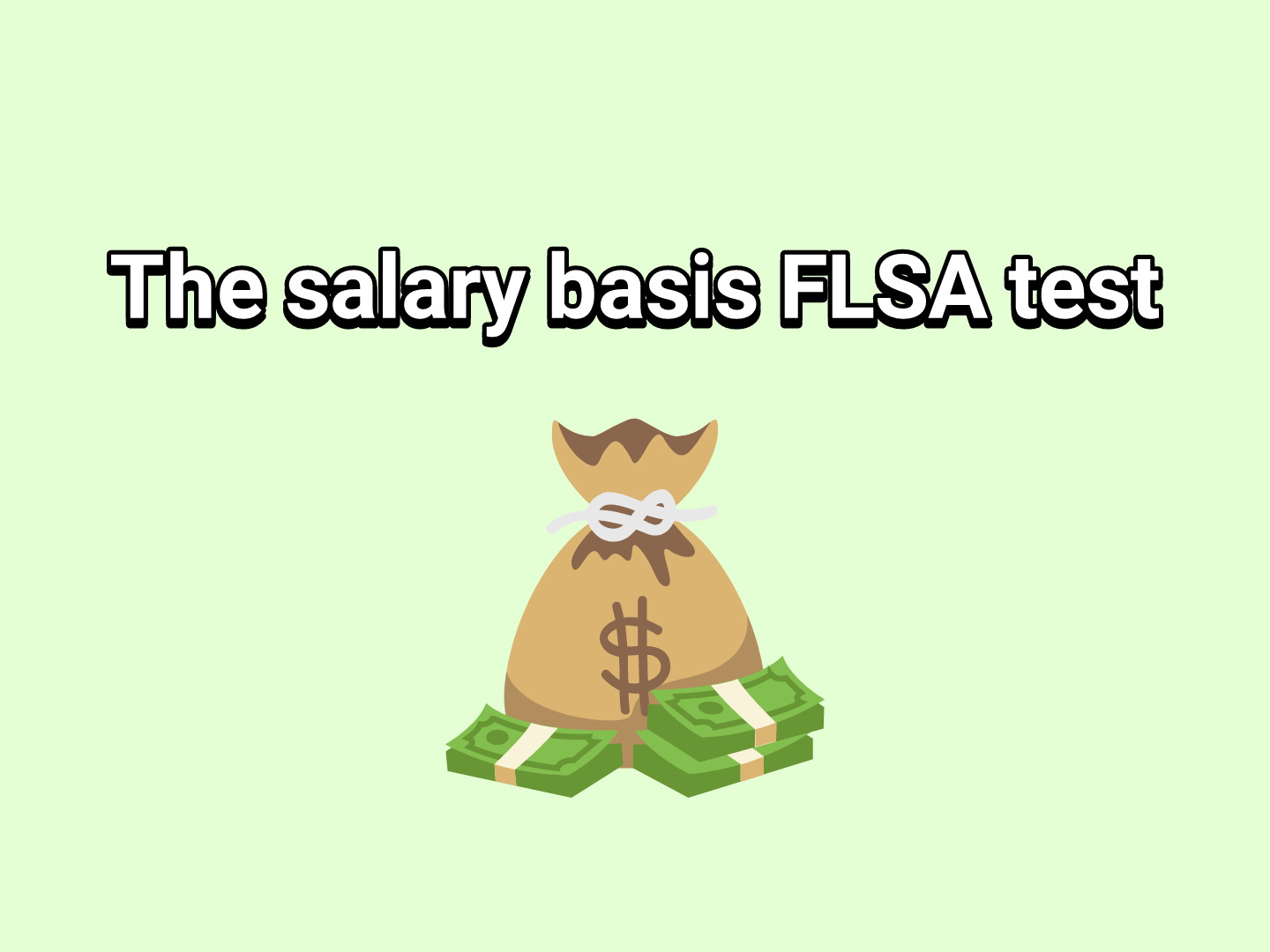- Free Consultation: (631) 352-0050 Tap Here to Call Us
High Income Earners May Be Entitled to Overtime

The Fair Labor Standards Act is a federal law which requires employers to pay certain employees a minimum wage and overtime. Like most laws, the FLSA contains various exemptions. On February 22, 2023, the Supreme Court of the United States issued a decision in the case Helix Energy Solutions Group, Inc. v. Hewitt, an FLSA case which addressed the question of whether a high earning employee is exempt from the FLSA’s overtime requirement, if the employer pays the employee based on a daily rate. Today’s Long Island employment law blog looks at the Helix decision.
Unless an exemption applies, the FLSA requires that employers pay overtime to employees who work more than 40 hours in a workweek. Exemptions under the FLSA include employees who work in an executive, professional, or administrative capacity. In Helix, the court looked at the executive exemption.
The executive exemption to the FLSA generally applies to workers if a three part test is met. First, the employer must pay the employee on a salary basis. Second, the salary must meet a specified amount set by regulation. Third, the nature of the employee’s job must relate to executive responsibilities, as those responsibilities are established by law.
The Secretary of Labor has added some complexity to this test by creating slightly different rules for high income earners verse lower income earners. The “general rule” applies to workers who earn less than $100,000 inclusive of salary, commissions, and other compensation. The executive exemption applies to these workers if they are compensated on a salary basis at a rate of not less than $455 per week. The employees must also satisfy a duties test, requiring the employee to perform three duties: manage the enterprise, direct other employees, and exercise power to hire and fire employees.
The HCE rule, or the highly compensated employee rule, applies to employees earning at least $100,000 per year in total compensation. Under the HCE rule, employees meet the executive exemption by completing just one of the three responsibilities, i.e. managing/directing/hiring and firing. The salary basis and salary level tests are the same as the general rule.
This leads to the issue presented in Helix – the salary basis test. FLSA regulations concerning the salary basis test require that employees receive a pre-determined amount of compensation through a “preset” weekly salary. The salary cannot be subject to reduction based on the number of days worked by the employee.
Regulations permit employers to pay salaried employees based on an hourly, daily, or shift basis, but employers must meet two other rules. First, the employer must gaurantee the employee earns at least $455 per week regardless of how many hours the employee works. Second, the guaranteed amount must bear a reasonable relationship to the amount actually earned in a week.
In Helix, the employee worked on an offshore oil rig as a tool pusher. He oversaw a dozen or so workers, reported directly to the captain, and oversaw various aspects of the rig’s operations. He usually worked 12 hours each day, seven days week, for 28 days straight. In other words, he worked roughly 84 hours in a workweek.
The employer paid the employee based on a daily rate which ranged from $963 to $1,341. He was paid every two weeks by calculating the number of days worked by the particular daily rate. He did not receive overtime pay. The employee earned more than $200,000 annually.
The employee sued the employer alleging he was owed overtime pay. Although he conceded that he met most of the requirements of the executive exemption, he argued that he was not paid on a salary basis. Ultimately, the question of whether they payment method used by Helix met the salary basis test was decided by the Supreme Court.
The Supreme Court ruled that Helix did not satisfy the salary basis test. The court wrote that regardless of income level, to meet the salary basis test, an employer must pay an employee by the week, not per day. Daily rate workers only meet the salary basis test if the employer guarantees a minimum pay per week. Helix did not make such a guarantee to the employee, so the salary basis test was not satisfied.
In sum, employees who are otherwise exempt under the executive exemption must receive a guaranteed minimum weekly salary regardless of how many days or hours are worked. Otherwise, the employer risks violating the salary basis test as interpreted by the Helix decision.
If you have questions about the Helix decision, the FLSA, minimum wage, or overtime, contact a Long Island wage and hour attorney at Famighetti & Weinick PLLC. Our attorneys are available at (631) 352-0050.
Supreme Court Decides Salary Basis Test Case for FLSA









